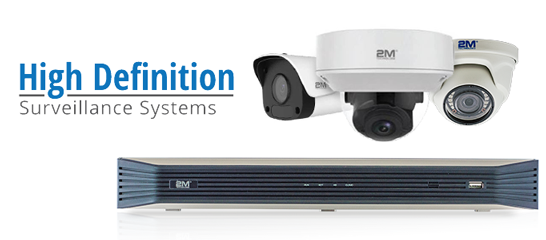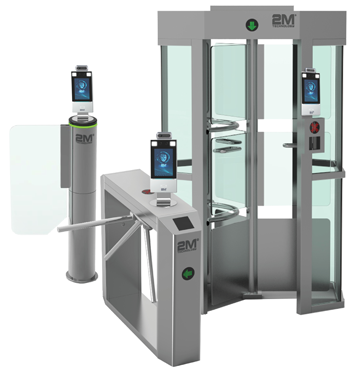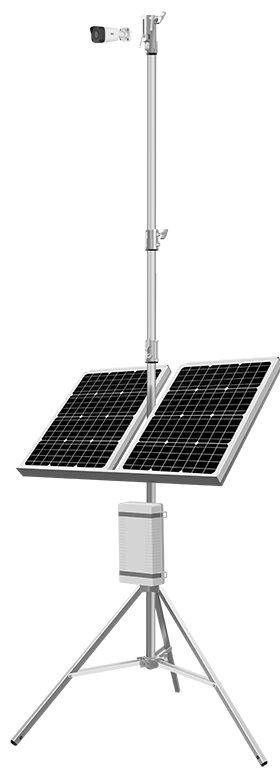With the number of global COVID-19 cases down and the number of vaccines up, the world is itching to get back to normal. Traveling restrictions are being lifted which has caused a global trend towards “revenge travel”, but that doesn’t mean that the world is ready to ditch safety precautions. In fact, maybe even more precautions are needed.
What is Revenge Travel?
Revenge travel is a term that was first coined in China. Since the pandemic started in 2020, many people have had to cancel their planned vacations or hold off on traveling due to government mandated quarantines. Revenge travel refers to the trend of people wanting to get revenge on COVID-19 and travel to make up for what the pandemic took away from them. For the past few months, the travel industry has been seeing a huge surge in the number of trip bookings and this craze is expected to continue in the following years.
This increased need for traveling can be attributed to many things. Before the pandemic, traveling was seen as a guarantee so there was no rush to plan trips all the time. But after a year of not being able to travel, society has shifted their mindset towards not taking anything for granted and to travel as soon as possible. Not only that, people are eager to spend the money that they’ve saved up while staying at home and travel rates are cheaper than usual. A lot of people have also transitioned to working remotely, making it possible for them to work while traveling.
Safety Precautions Are Still Necessary
Despite the increased number of vaccinations, safety precautions should still be practiced when revenge traveling. The CDC says that vaccinated people can gather with other vaccinated people without masks, but there’s no way to tell who is vaccinated and who isn’t when traveling or out in public. Additionally, it still isn’t known if the vaccine protects against the emerging variants so it’s important to still wear masks, social distance, and check temperatures.
The Financial Express states that “post COVID-19 travelers will be more concerned and conscious about the health and hygiene standards of the city, region, or property they are traveling to.” Now that people can travel again, they are going to put more pressure on the hospitality industry to enforce safety protocols like social distancing and temperature scanning to minimize their risk of infection. But with more people out traveling, enforcing these protocols can be difficult and cause delays or overcrowding.
2M offers the ideal thermal solutions to remedy these issues. We carry temperature scanners that can mass-screen visitors to keep foot traffic moving but ensure that the facility stays free from infection. We have thermal imaging cameras that can screen up to 15 people at once or you can opt to use our temperature scanners that instantly reads individual temperatures to reduce screening time. We even have a walk-through thermal metal detection gate so you can screen visitors for dangerous items and high temperatures simultaneously.
For even more safety, we carry face recognition access control terminals that are capable of temperature scanning and mask detection. The terminals can be installed on entrances to employee areas to properly screen employees and protect these restricted areas from visitors. The terminals also come in a miniature size that would be perfect for screening visitors when come to the reception desk to check in. Using our turnstiles would be another good option for hospitality establishments to screen visitors. The turnstiles come equipped with our terminals so that businesses can integrate COVID-19 screening with other access control methods such as card readers, ticket scanners, or cash payments.
At 2M Technology, we carry a wide range of thermal products that will help keep revenge travelers safe and allow the hospitality industry to easily and efficiently manage their reopening plans. If you’re looking for a solution, then contact us today for a live demo or a consultation.







